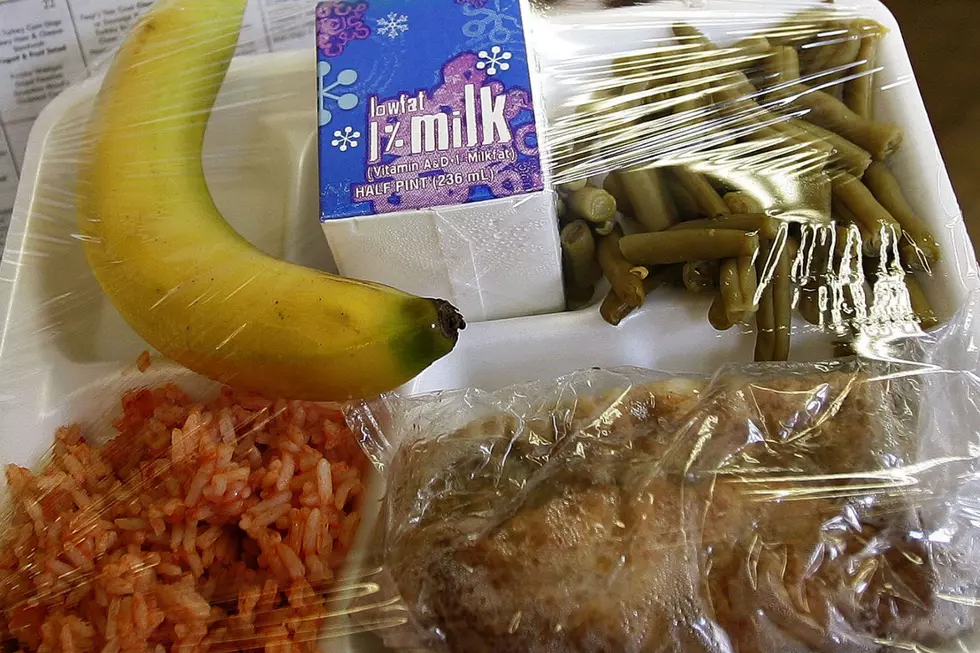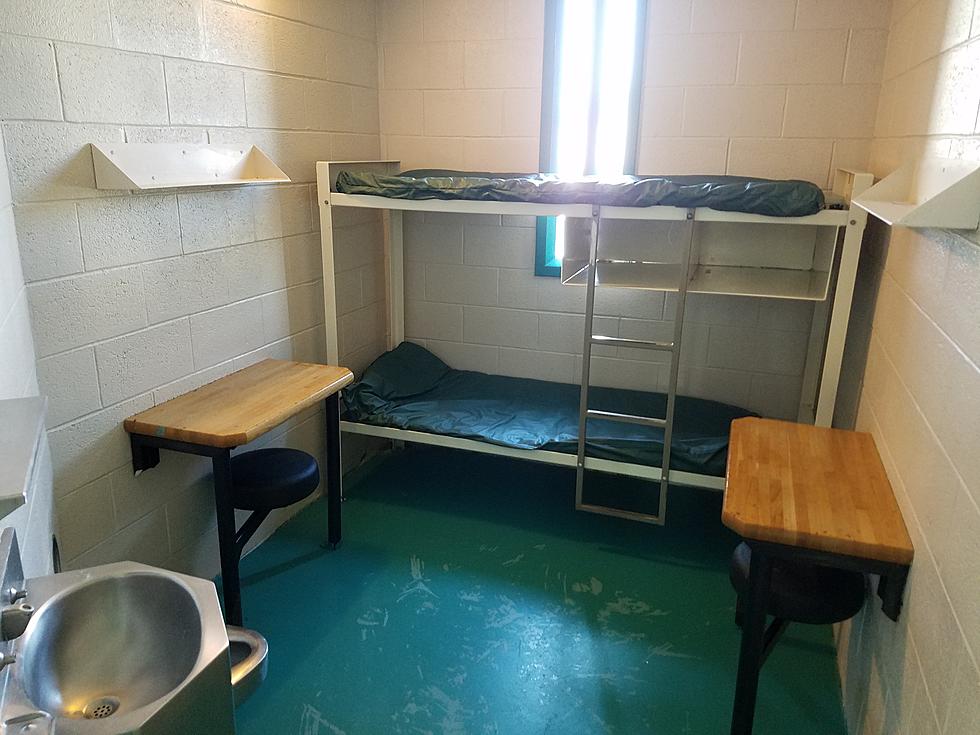
Make school lunches free to stop shaming kids, NJ youth group says
The issue of school lunch debt and so-called “lunch shaming” isn't limited to one New Jersey community — even if one's been getting all of the national press.
That’s the message of Rays of Hope, a youth non-profit organization pushing an online petition trying to get the attention of Gov. Phil Murphy, with an ultimate goal of securing a school lunch for any student who needs one.
Alina Dezoysa is the organization’s youth president, and at 16, she says the group is acting on their shared belief that “it doesn’t matter what age you are — if you’re passionate about something, you can make a difference.”
Dezoysa said her fellow youth members looked into the school lunch policies of about 15 districts around New Jersey and found that most of them “state that if a parent owes money the school is permitted to call social services, and in some cases the police to do a wellness checkup because apparently, the school districts view this as abuse and neglect."
As reported by the Philadelphia Inquirer in August, NJ Department of Children and Families Commissioner Christine Beyer issued a statement that “using referrals to a child protection agency as a threat to parents who have not or who cannot pay a student’s lunch bill is misuse and misrepresentation of the state agency charged with investigating."
"NJ has a statute that clearly defines child abuse and neglect," her statement continued. "Living in poverty, owing money to the school or missing school-associated payments are not actions that in and of themselves qualify as child abuse or neglect.”
Cherry Hill caught attention nationally for a policy that gave students whose debts exceeded $10 tuna sandwiches. It later updated its policy to give the district authority to shut students out of some activities, such as the prom, if their accounts aren't at least $20 behind.
As that news grabbed headlines, Governor Murphy on Oct. 21 tweeted “No child should be shamed, punished, or banned from extracurricular activities over lunch money.”
On the same thread, Murphy also said “We must ensure that our schools are safe, nurturing environments. I am committed to working with the Legislature to protect students from stigma and punishment over lunch debt.”
Democratic presidential candidate Elizabeth Warren also reacted to the Cherry Hill plan, calling it "cruel and punitive” while she said that "every kid needs and deserves a nutritious meal in order to learn at school."
Rays of Hope wants to see the governor’s administration “pass a law similar to California,” to provide school lunches regardless of a student's account payment status, to essentially “outlaw lunch shaming.”
The student-led online petition also notes that based on their research, “Most districts also have an ‘alternate meal plan’ for those children whose parents fall behind in payments.”
The campaign is directed at “Governor Murphy asking him to address this issue by pushing for legislative action to stop our school districts from enforcing these outrageous policies."
The change.org petition had about 1,600 signatures Monday night, closing in on its goal of 2,500.
Cherry Hill's school board unanimously voted Oct. 15 to amend its lunch debt policy, which also has parent notifications required as debt is accrued from $10 to $25, and an in-person meeting set after $75.
The next day, state Assembly Speaker Craig Coughlin, D-Middlesex, and state Senate Education Chair M. Teresa Ruiz, D-Essex, announced plans to introduce legislation, which would require the state to pay the difference between federal allocations and the total cost of reduced price breakfast or lunch.
Under the bill, which would earmark $4.5 million for the program, no public school student who is eligible for reduced price breakfast or lunch would be required to pay for his or her meal, according to a written press release.
Cherry Hill schools Superintendent Joseph Meloche previously has said that the ongoing school lunch debt issue is a complex one.
"Simply erasing the debt that exists does not solve the problem, as has been demonstrated by the $25,000 in debt that was erased during the summer of 2017 and has since accrued again to $18,000. Simply erasing the debt does not help those who need support and compassion and meals through the Free & Reduced Meal Programs. Simply erasing the debt does not address the many families with financial means who have just chosen not to pay what is owed," Meloche wrote in an August letter outlining the controversial community issue.
More from WOBM News:
More From Beach Radio










